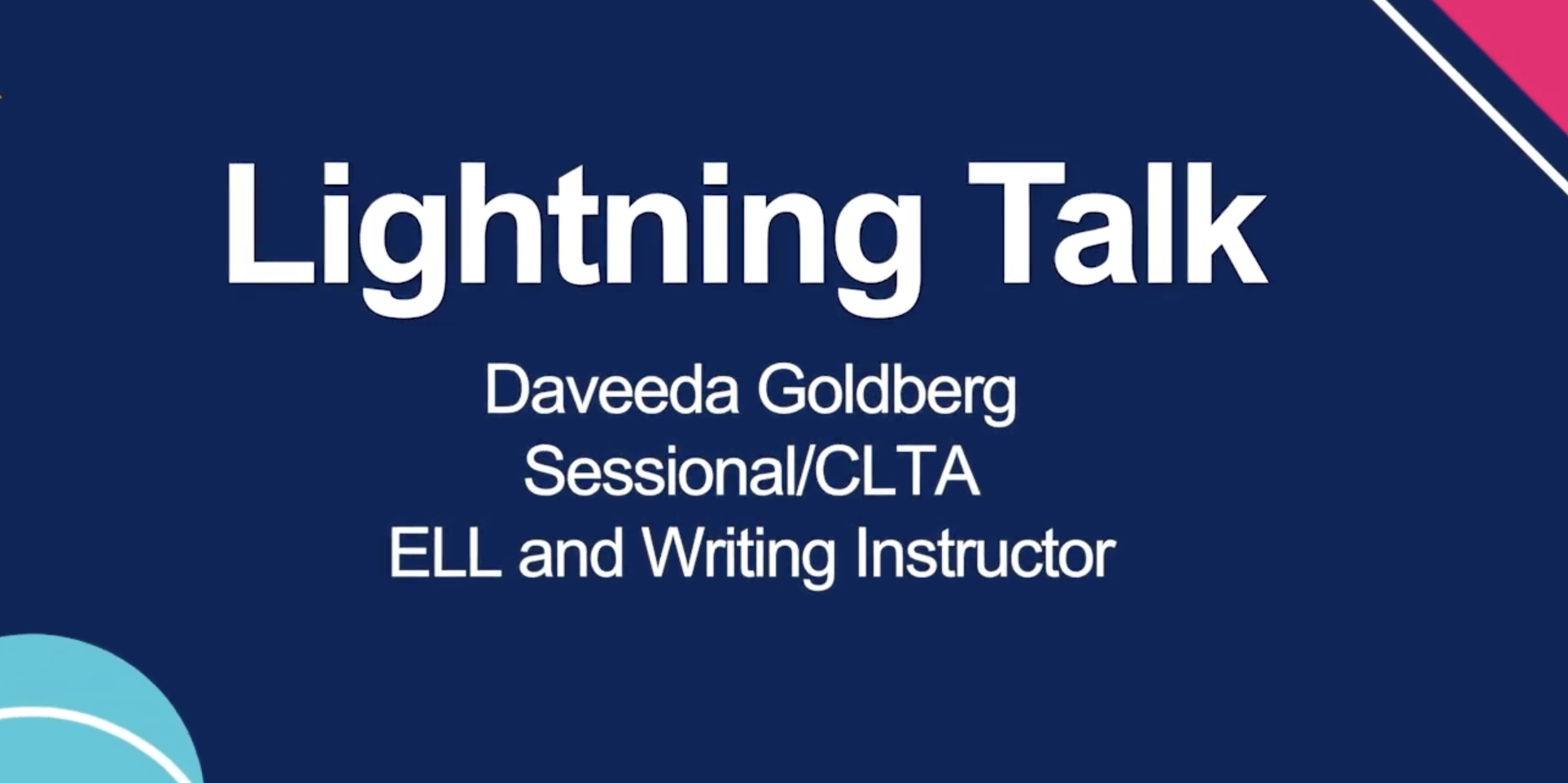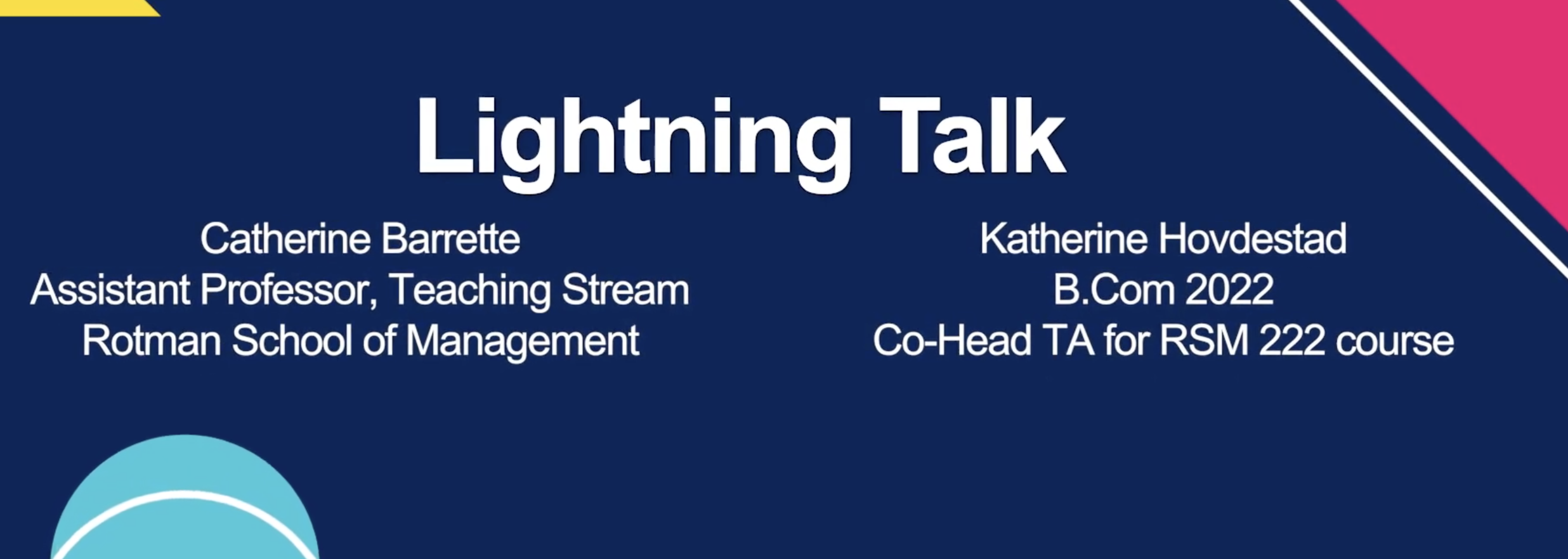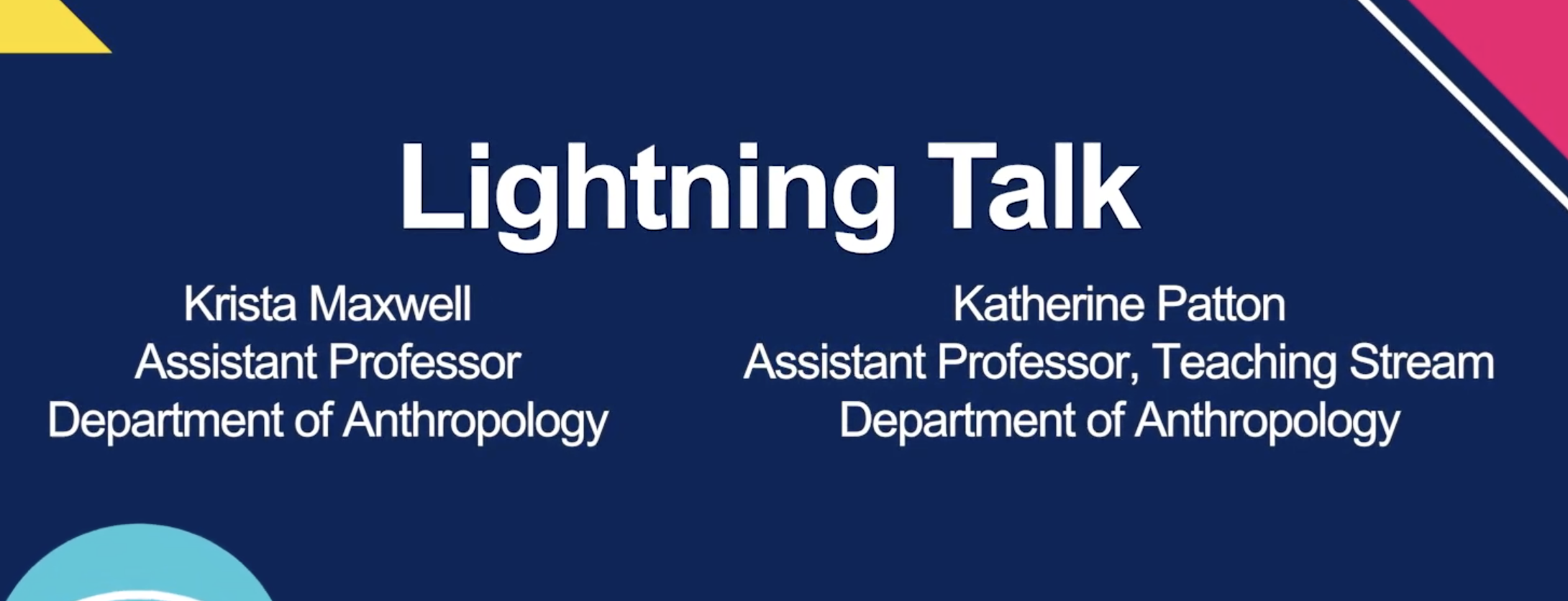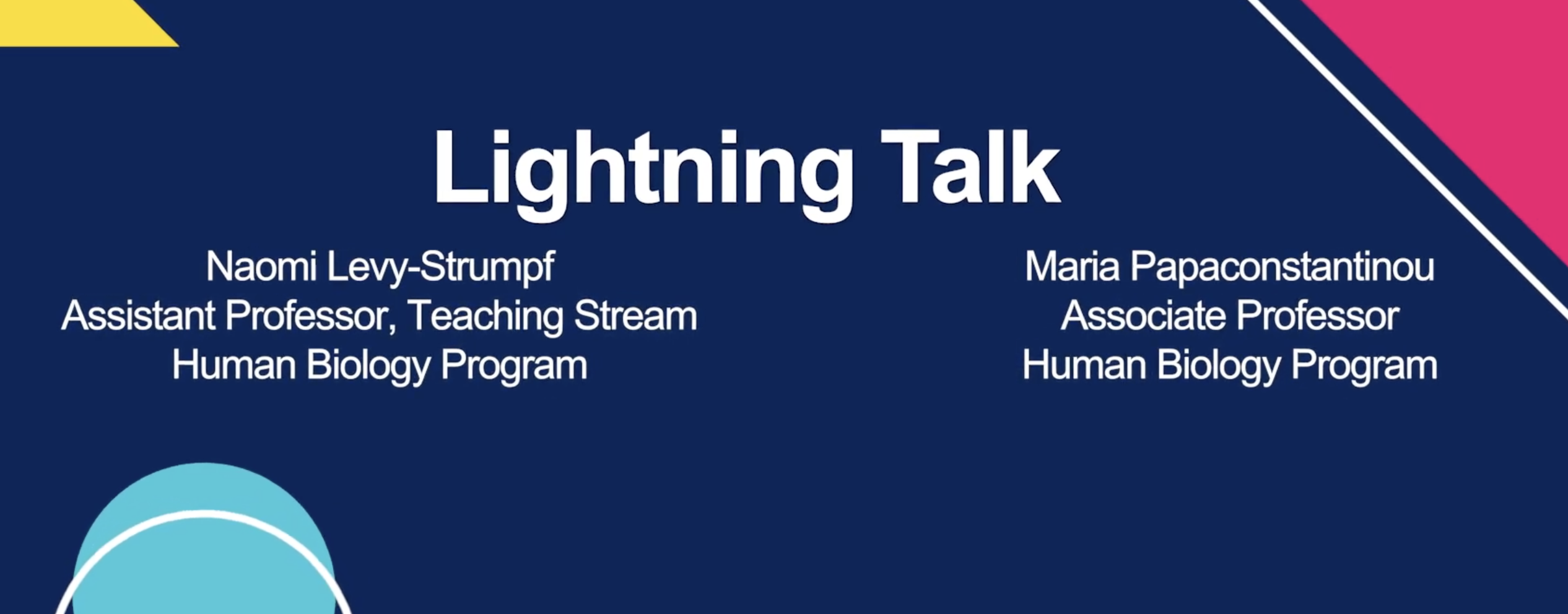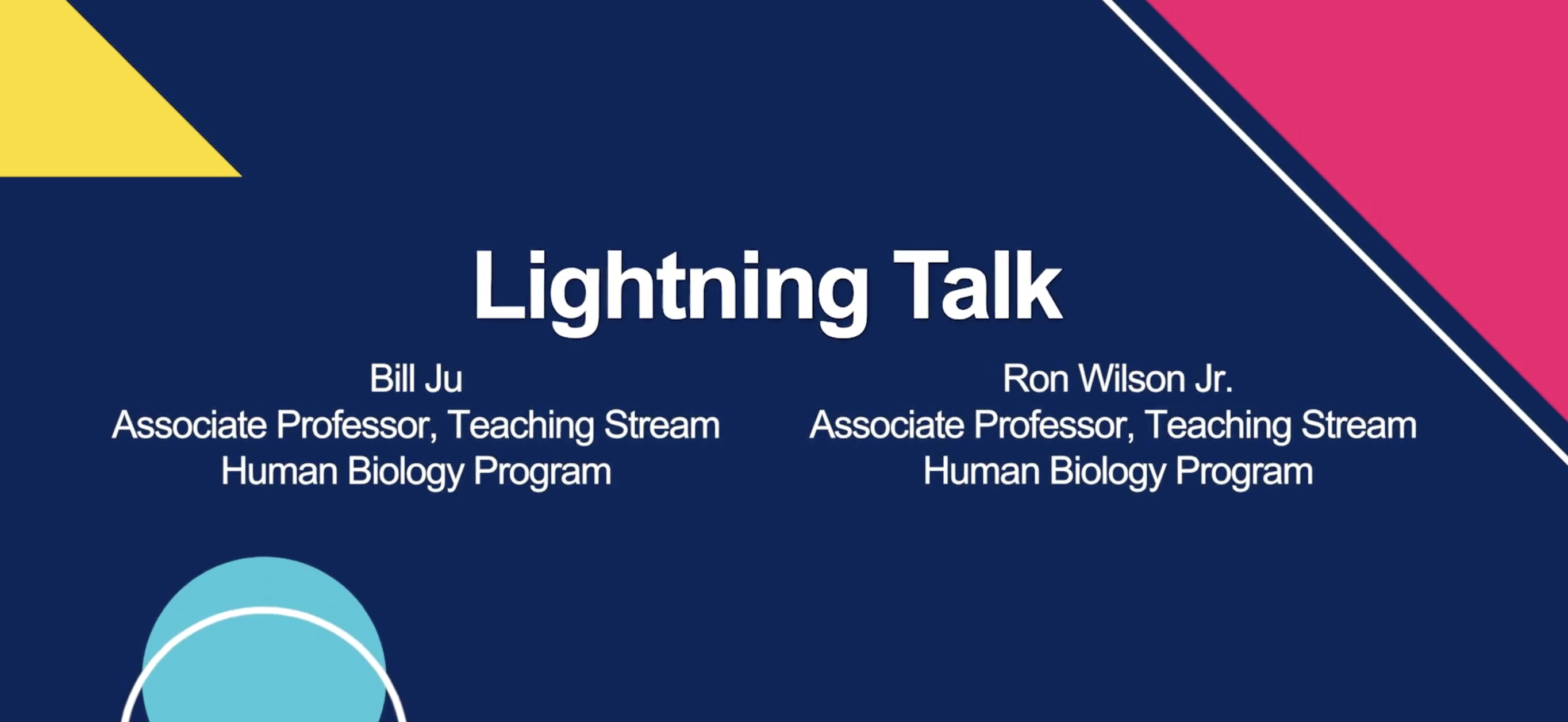Teaching Orally
Kathleen Olmstead2022-05-02T14:30:42-04:00A part of 4.1 Lightning Talk session Daveeda Goldberg, Sessional (CUPE 3902, Unit 3)/CLTA, ELL, FAS Back in the 1970s, Marshall McLuhan argued that TV, film and radio represented a new "electronic culture," and that this constituted a return to "the Oral," that is, a return to synchroneity, to village mentality, and, following from those, a return to egalitarian, intimate, and immediate communication. However, from a more contemporary p.o.v, it might seem that McLuhan was just wrong, and that, instead of turning up the volume on the Oral, digital communication has re-enlivened a Print-like, asynchronous culture of communication [...]

